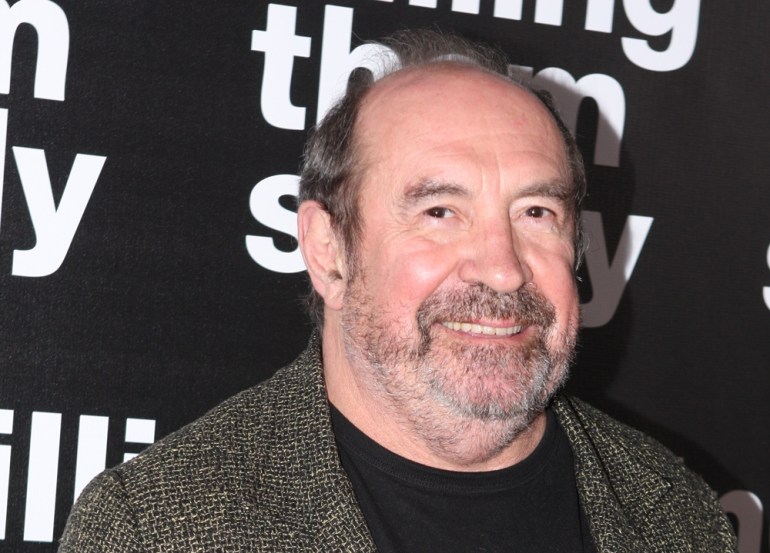Roy Billing. (Photo: Eva Rinaldi)
Many producers believe the MEAA should lose the right to be consulted on issuing visas for foreign performers but are afraid to take a stand publicly, actor Roy Billing said in Canberra today.
“Small producers don’t want to upset the union. There is an irrational fear of what the union can or might do,” Billing told the House of Representatives inquiry into the growth and sustainability of Australia’s film and TV industry.
An actor for 40 years, Billing restated the case he has been making for nearly three years, arguing that union consultation on temporary visas is unnecessary and overly complex and that no other industry requires union consultation.
He advocated that Screen Australia should determine which foreign actors fit within the criteria of Significant Australian Content and each case would then be referred to the Department of Immigration and Border Control.
Billing cited two recent cases where the MEAA had objected to the casting of foreign talent and were over-ruled by the department: Englishman Oliver Jackson-Cohen in the ABC’s The Secret River and unnamed Indian actors in Garth Davis’ Lion.
Despite the reticence of producers and actors to publicly voice their support on the issue, Billing told the standing committee on communications and the arts chaired by MP Luke Howarth of a lengthy list of screen industry figures who had agreed to lend their names to a recent article he wrote for The Australian.
The list included John Jarratt, distributor and producer Antony I. Ginnane, sales agent Michael Favelle, Matchbox Pictures MD Chris Oliver-Taylor, producers Kate Croser, Helen Leake, David Redman, Julie Ryan and Lisa Scott, former distributor Mike Selwyn and Callan Park Film Production Services’ Gordon Anderson.
Billing said a lot of producers had told him it was better that he continue to lead the campaign on visas because he does not have vested interest.
Committee members seemed receptive to his arguments, having convened this extra hearing in Canberra.
Billing, who is currently filming the Network Ten drama Sisters, followed by the ABC’s Rake and Jack Irish, stressed he is not anti-union.
But he accused those running the union of not fully understanding how screen productions are financed and argued there would be more production if more private investment flows into the industry.
He suggested one reason why the MEAA is determined to keep its consultation role is the fees collected from producers, which totalled $421,712 in 2014-15.
“If we get more and bigger productions, with one or two overseas actors, that means more work for Australian actors,” he said.


